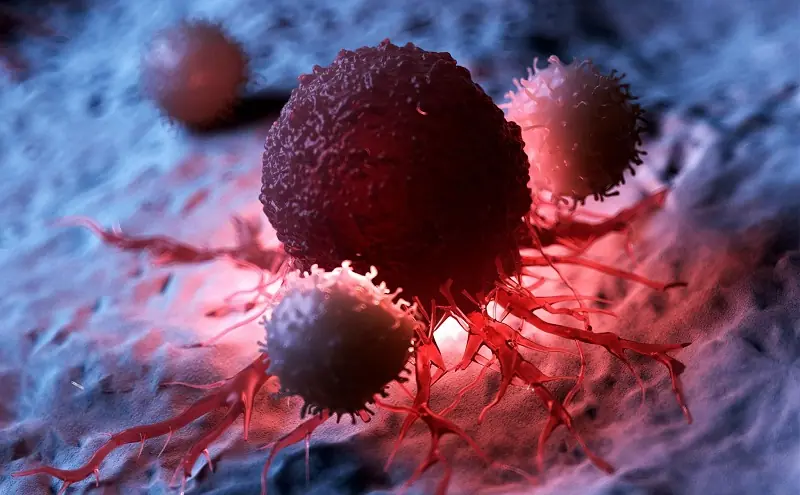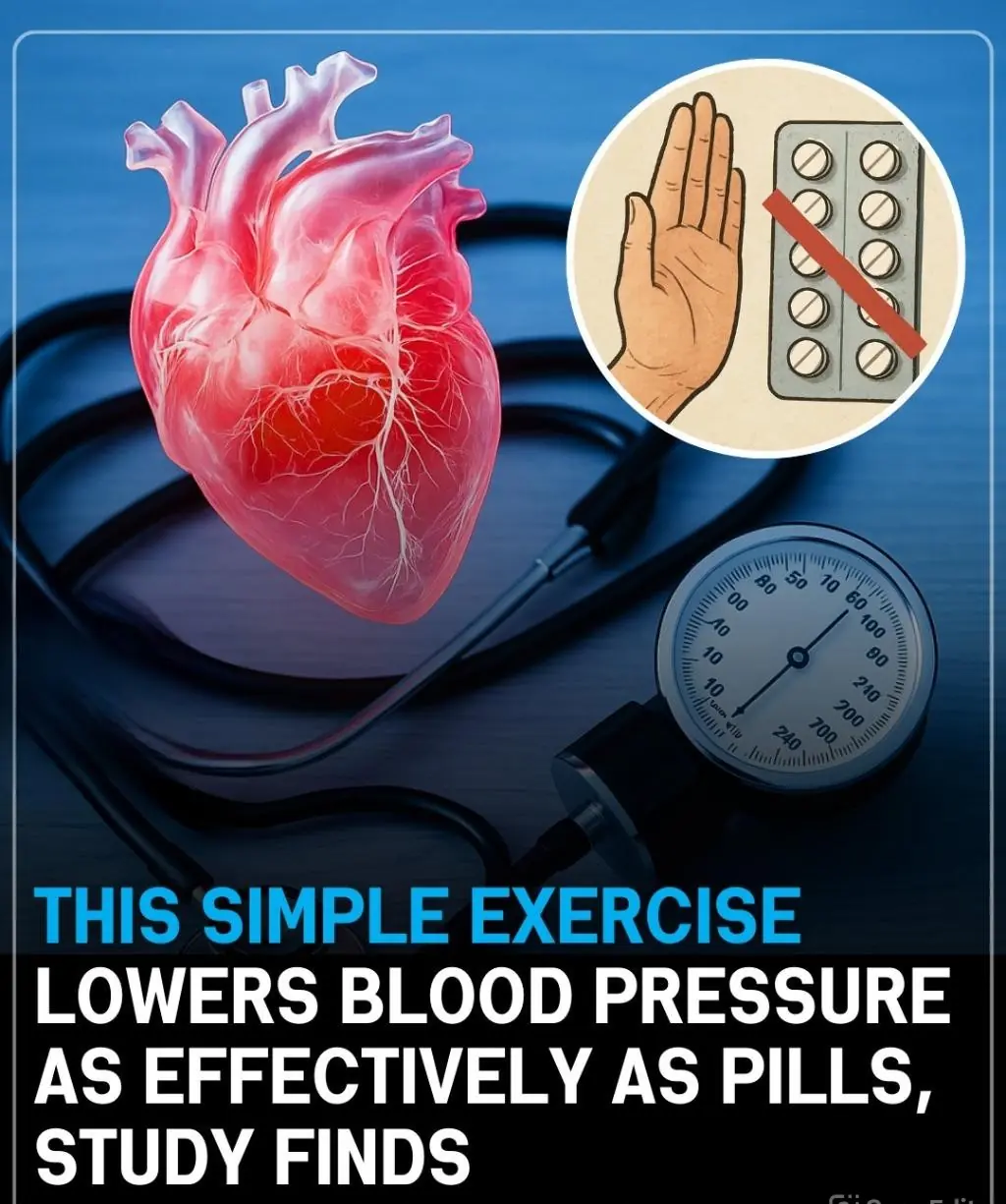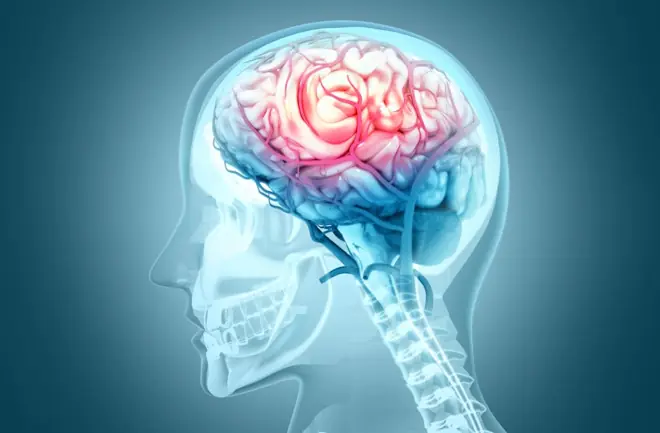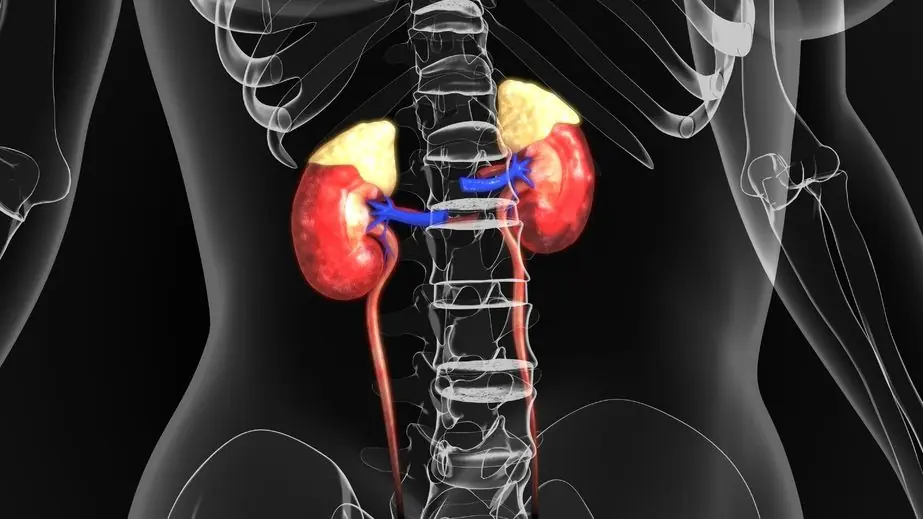
The moment you change your perception is the moment you rewrite the chemistry of your body
Human beings are complex systems where mind and body are deeply connected. While traditional medicine often treats them as separate entities, modern science and psychology have increasingly shown how our thoughts and perceptions can significantly impact our physical health. One powerful idea that reflects this connection is the statement: "The moment you change your perception is the moment you rewrite the chemistry of your body." This concept is not merely philosophical—it is rooted in biology, neuroscience, and lived experience.
Perception is how we interpret and respond to the world around us. Two people can go through the same situation, but their reactions may be completely different, based on how they perceive that situation. For example, a job interview might be exciting to one person and terrifying to another. This difference is not just mental; it triggers different physiological responses in the body.
When we perceive something as threatening or stressful, the brain sends signals that activate the "fight or flight" response. Hormones such as cortisol and adrenaline are released, increasing heart rate, blood pressure, and muscle tension. These reactions are designed for survival but can be harmful if triggered too often by chronic stress. In contrast, positive perceptions—such as feeling safe, hopeful, or grateful—can activate the "rest and digest" system, promoting healing, immune function, and emotional well-being.
Dr. Bruce Lipton, a stem cell biologist and pioneer in epigenetics, has popularized this idea by showing how our beliefs and perceptions influence gene expression. He argues that cells respond to their environment, and our perception is a key part of that environment. When we change the way we see the world, we literally change the environment our cells are exposed to, leading to changes in the body’s chemistry.
For instance, consider the placebo effect—a powerful demonstration of the mind-body connection. When patients believe they are receiving effective treatment, even if it's just a sugar pill, their bodies often respond positively. This effect shows that belief alone can stimulate real biological healing processes. Similarly, when someone believes they are powerless, stressed, or doomed, their body can begin to reflect that negativity through illness or fatigue.
Changing one’s perception does not mean ignoring reality or living in denial. It means choosing to see possibilities instead of limitations, learning to interpret events with understanding instead of fear, and becoming aware of how our mental state affects our physical condition. Mindfulness, meditation, therapy, and self-reflection are all tools that can help people shift their perceptions in healthy and constructive ways.
One inspiring example is how cancer patients who practice positive thinking and stress-reduction techniques often experience better outcomes and improved quality of life. This doesn’t mean they are “thinking their way out of cancer,” but rather that their perception helps regulate stress and boosts their immune system, which can support recovery.
In conclusion, the moment we shift how we perceive life, ourselves, and our challenges, is the moment we begin to alter the very chemistry of our bodies. This transformation is not magic—it’s science. Understanding the connection between perception and physical health gives us a powerful tool to improve our well-being. It teaches us that healing is not only about medicine and procedures, but also about mindset and meaning. Our thoughts are not just in our heads—they are in our blood, our cells, and our lives.
News in the same category


10 Cancer Warning Signs Women Often Overlook

Paralysed man stands again after receiving ‘reprogrammed’ stem cells

🌿 Unlock the Secret Power of Guava Leaves: Transform Your Hair, Skin & Health Naturally

🍯🌿 18 Benefits: Mix Ginger with Cloves and Honey, You'll Thank Me for the Recipe!

This Simple Exercise Lowers Blood Pressure as Effectively as Pills, Study Finds

From Causes to Cures: Everything You Need to Know About Fatty Liver

Symptoms of prostate cancer explained as study reveals how often men should ejaculate per month to prevent it

Why Skipping Breakfast Could Be Harming Your Health: Hidden Dangers You Need to Know

Recognizing the Warning Signs of a Stroke: Why Immediate Action Can Save Lives

Nurse Who Has Seen Over 100 People Die Reveals That Everyone Says The Same Thing Before They Pass

A 48-Year-Old Man Has Been Diagnosed With Stage 4 Cancer And Has Disclosed ONE Common Symptom That He Initially Overlooked

Deaths from six cancers are rising in men and women and symptoms mean they could be easy to miss

The five shocking things that happen to your body once you stop taking Ozempic

Barbara O'Neill: "I Pray You Never Eat These Foods Again"

👣 12 Surprising Ways Your Feet Reveal Early Signs of Liver Disease

‘It’s A Common Theme’: Cancer Doctor Shares What She Regularly Sees In Her Patients Early On

Morning Routines That Keep The Mind Sharp Well Into Your 70s, According To Psychology

Recognize The Signs Of High Stress: 8 High Cortisol Symptoms
News Post

Unusual Morning Signs That May Warn of Cancer Risk

10 Cancer Warning Signs Women Often Overlook

Paralysed man stands again after receiving ‘reprogrammed’ stem cells

🌿 Unlock the Secret Power of Guava Leaves: Transform Your Hair, Skin & Health Naturally

🍯🌿 18 Benefits: Mix Ginger with Cloves and Honey, You'll Thank Me for the Recipe!

This Simple Exercise Lowers Blood Pressure as Effectively as Pills, Study Finds

From Causes to Cures: Everything You Need to Know About Fatty Liver

Symptoms of prostate cancer explained as study reveals how often men should ejaculate per month to prevent it

Why Skipping Breakfast Could Be Harming Your Health: Hidden Dangers You Need to Know

Recognizing the Warning Signs of a Stroke: Why Immediate Action Can Save Lives

Nurse Who Has Seen Over 100 People Die Reveals That Everyone Says The Same Thing Before They Pass

A 48-Year-Old Man Has Been Diagnosed With Stage 4 Cancer And Has Disclosed ONE Common Symptom That He Initially Overlooked

Poisoned Easter Eggs Sent To Ex’s New Family — 7-Year-Old Passed Away

Deaths from six cancers are rising in men and women and symptoms mean they could be easy to miss

The five shocking things that happen to your body once you stop taking Ozempic

My Son Helped a Blind Old Man Pay for His Groceries – Today, a Convoy of Black SUVs Pulled Up to Our House

Granddad Forbids Anyone from Touching His Old Mattress, Girl Finds Stash There after His Death

My Stepmom and Her Adult Kids Changed the Locks After My Dad's Funeral – But My Mom Had the Final Word

